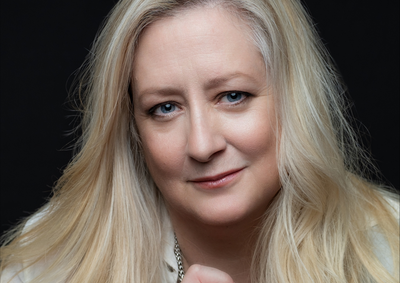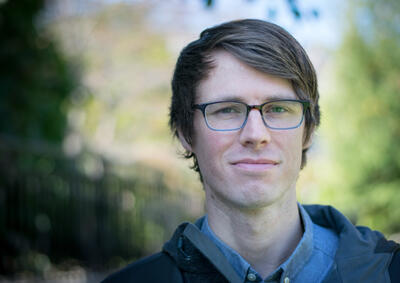Generation YSM: Meet composer Matīss Čudars ’23MM
Meet composer and first-year master’s degree candidate Matīss Čudars. Matīss recently spoke with us about playing the guitar, writing for the individual, and more.
Q: What informed your decision to study composition at YSM?
A: First and foremost, what drew my attention to YSM was the composition faculty that I’ve been feeling strong resonance with ever since I discovered their work. The diversity of each of their music and the craft, imagination, discipline, freedom, sense of beauty, and clarity of thought that it radiates is something that I value highly and strive to improve in my own work.
Secondly, many of my favorite young composers are either currently studying or have studied at YSM.
A few years ago I spent a whole day on the Yale campus and couldn’t resist falling in love with it.
Q: The guitar is your primary instrument. Is it also a primary compositional tool?
A: When looking for musical materials for a new work, I try to think in terms of the particular instrument I’m writing for. At some stage I’ll probably work some things out at the piano. The only time I use the guitar as a compositional tool is when writing specifically for it, for the cello—detuning the lower four strings of the guitar to the cello tuning—or the double bass.
However, sitting at a piece of paper or computer screen for days, weeks, or months and writing dots on horizontal lines can sometimes get very heady and I might lose the physical feeling of what it means to perform a piece of music. Perhaps because it’s my primary instrument, whenever I play the guitar—whether at home practicing or in a concert situation—the physicality of playing it, letting my body, mind, and spirit unite in real-time music making, certainly informs and renews me compositionally and hopefully brings some empathy toward the musicians I’m writing for.
Q: Improvisation is an important element of your practice. What’s it like working on new music with musicians for whom improvisation is new?
A: I love improvising, but when composing for other people, I don’t necessarily feel the urge to make them improvise. In an ideal situation, when working on a new piece of music, I look for the unique qualities and abilities of the musician I’m writing for and see how I can push those qualities to a new place that is hopefully full of beautiful discoveries.
Q: Your music transcends genre. What was the first music that captured your imagination?
A: The first music to really capture my imagination and encourage me to make some of my own in my early youth was heavy metal. The freedom and complexity of the music of the so-called math-metal bands like The Dillinger Escape Plan (I refer here to their early albums Miss Machine and Calculating Infinity) and Sikth fired my imagination and affirmed that anything is possible in music. That further led to discovering the beauty of jazz improvisation and from there my interest exploded in all possible directions.
Q: What have you been reading, listening to, and watching lately?
A: The last book I read (for the second time) was Hermann Hesse’s Narcissus and Goldmund—an absolutely breathtaking work. Currently my reading is a bit all over the place. I’m simultaneously reading Michel Foucault’s The History of Sexuality, Stephen King’s memoir On Writing: A Memoir of the Craft, Jacques Maritain’s Creative Intuition in Art and Poetry, Bill Plotkin's Wild Mind: A Field Guide to the Human Psyche, and Tim Rutherford-Johnson's Music After The Fall: Modern Composition and Culture Since 1989.
The last piece of music that absolutely shocked me was Beat Furrer’s Piano Concerto. I find [YSM faculty composer] Aaron Jay Kernis’ Symphony in Waves an incredibly beautiful, powerful, and imaginative journey.
The last film I watched that totally transfixed me was Dylda (Beanpole) by the Russian director Kantemir Balagov.
This is the second installment in a series called Generation YSM: Fall 2021.






